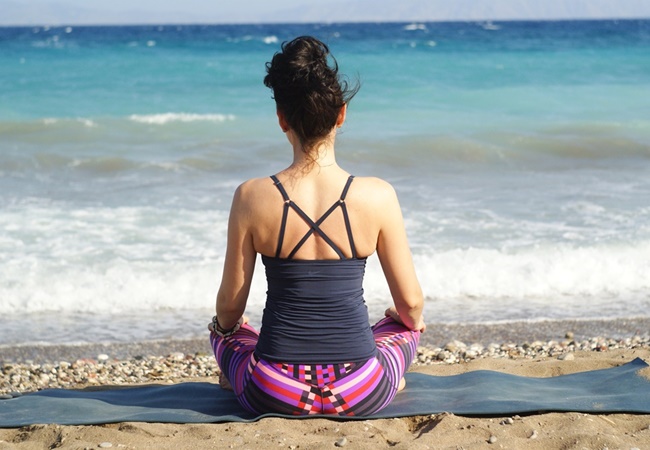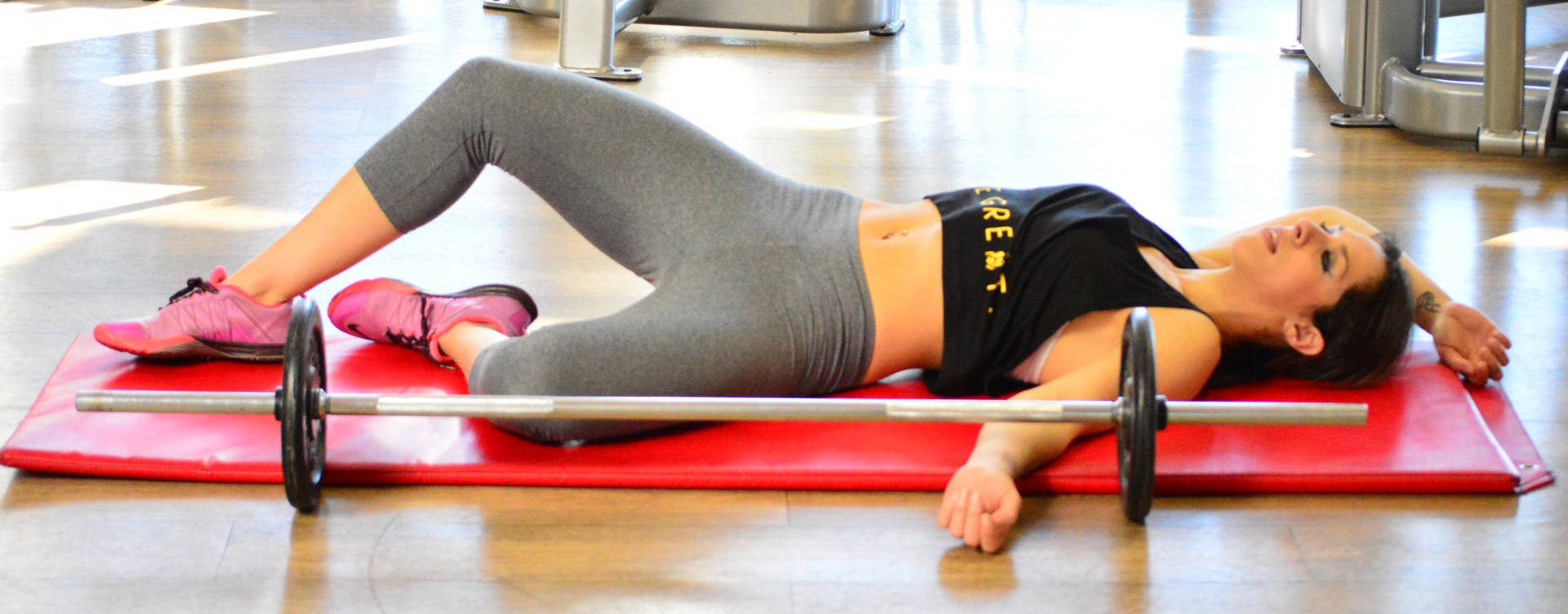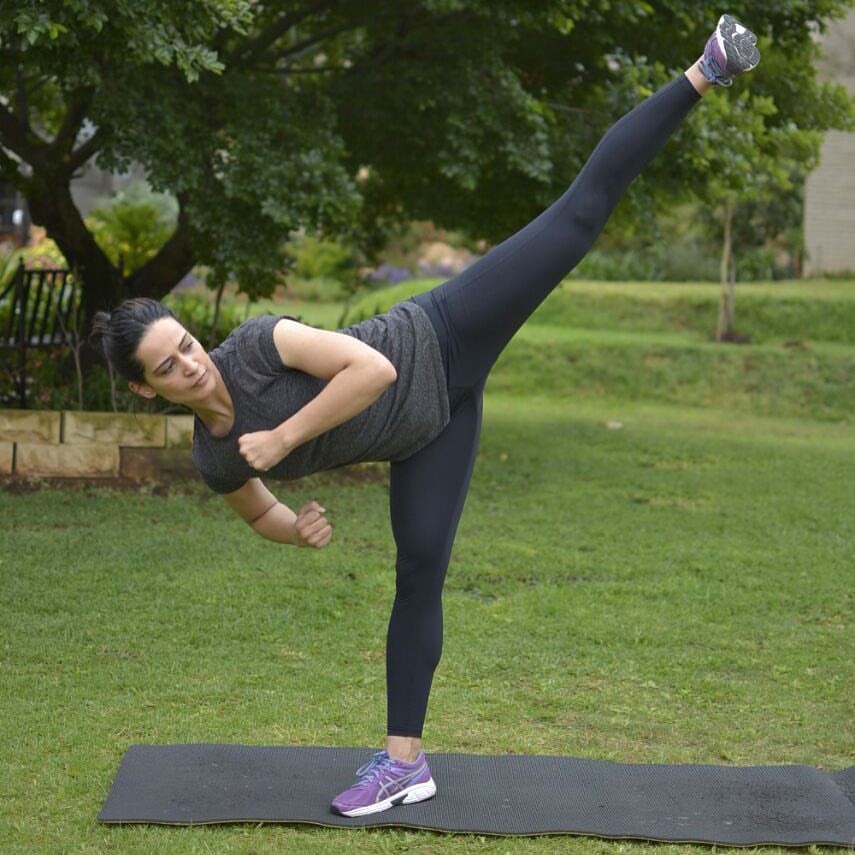Living with anxiety presents daily challenges that can often feel overwhelming. However, incorporating simple, everyday strategies can make a significant difference in managing anxiety. It’s essential to find approachable methods that fit seamlessly into your routine and help you maintain a sense of calm and control. Let’s explore some simple things you can do daily if you suffer from anxiety.
Mindfulness and Breathing Exercises
Mindfulness involves being present in the moment and fully engaging with your surroundings. Simple mindfulness practices can reduce anxiety by helping you focus on the now rather than worrying about the future or dwelling on the past.
Try starting your day with a few minutes of mindful breathing. Sit comfortably, close your eyes, and take slow, deep breaths. Focus on the sensation of the air entering and leaving your lungs. Repeat this exercise throughout the day whenever you feel your anxiety levels rising.
Breathing exercises are another powerful tool in managing anxiety. Techniques such as the 4-7-8 method, where you inhale for four seconds, hold for seven, and exhale for eight, can quickly calm your nervous system. Incorporating these practices into your daily routine can help you stay grounded and reduce the physical symptoms of anxiety—shaking, perspiring, and stomach churning.
Daily Physical Activity
Regular physical activity is a proven way to reduce anxiety and stress. Engaging in exercise releases endorphins, which are natural mood lifters. You don’t need to hit the gym for hours; even a short walk in your neighborhood can make a big difference.
The key here is consistency.
Find a physical activity you enjoy, whether it’s yoga, dancing, or a quick jog around the block, and make it a part of your daily routine. The connection between anxiety, depression, and other mood disorders often highlights the importance of physical activity in maintaining mental health. By staying active, you improve your physical health and enhance your mental well-being.
Nutrition and Hydration
What you eat and drink can have a profound impact on your anxiety levels. A balanced diet rich in fruits, vegetables, lean proteins, and whole grains can stabilize your mood and energy levels. Avoid excessive caffeine and sugar, which can trigger anxiety symptoms. Instead, choose foods that promote calmness, like leafy greens, nuts, and seeds.
Staying hydrated is equally important. Dehydration can affect your mood and increase feelings of anxiety. Make it a habit to drink water regularly throughout the day. Incorporating these nutritional practices can help you manage your anxiety more effectively.
The Power of Routine and Sleep
A consistent daily routine can provide a sense of stability and predictability, which is crucial for those who suffer from anxiety. Establishing a morning routine that includes mindfulness, physical activity, and a nutritious breakfast sets a positive tone for the day. Likewise, an evening routine that promotes relaxation can improve your sleep quality.
Poor sleep can contribute to higher anxiety levels, so prioritizing good sleep hygiene is essential. Aim for seven to nine hours of sleep each night. Create a calming bedtime ritual, such as reading a book, taking a warm bath, or practicing gentle stretches. By maintaining a consistent routine and prioritizing sleep, you can significantly reduce your anxiety.
These are just a few simple things you can do daily if you suffer from anxiety. Remember, small changes can lead to significant improvements.






















